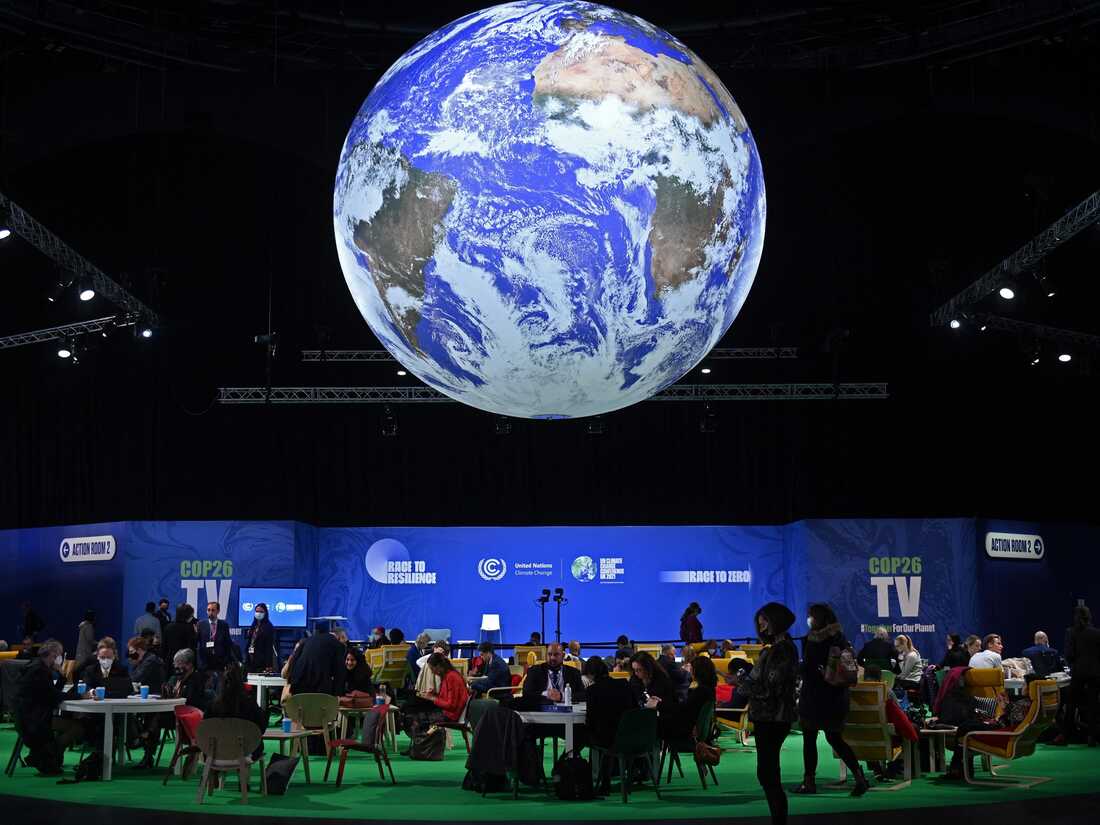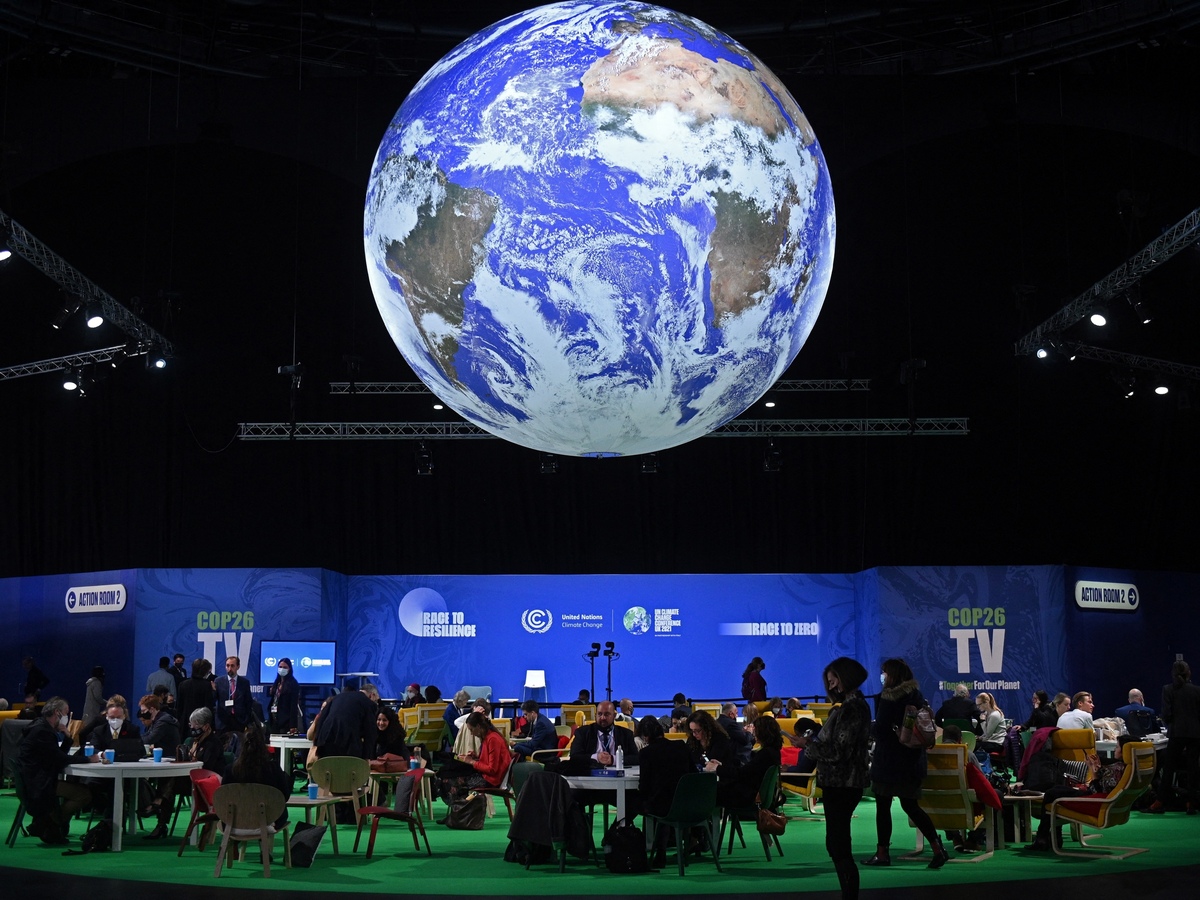
Delegates attend the COP26 UN Climate Change Conference in Glasgow, Scotland on November 2, 2021. Oli Scarff/AFP via Getty Images hide caption

Delegates attend the COP26 UN Climate Change Conference in Glasgow, Scotland on November 2, 2021.
Oli Scarff/AFP via Getty ImagesThe COP26 Summit, the 26th United Nations Climate Change Conference in Glasgow last month brought together people from all over the world. And everyone had stories of how climate change is already affecting their lives. But, did the conference accomplish what it set out to do?
Alok Sharma, president of COP26, gives us a behind-the-scenes glimpse into what the conference felt like from the inside, why he apologized for the process, and what it was like trying to get delegates from nearly 200 countries on the same page.
Email us at
This episode was produced by Lee Hale, Mia Venkat, Michael Levitt and Ari Shapiro. It was edited by Ashley Brown, Jonaki Mehta and Christopher Intagliata. Our executive producer is Cara Tallo.

 Live Radio
Live Radio